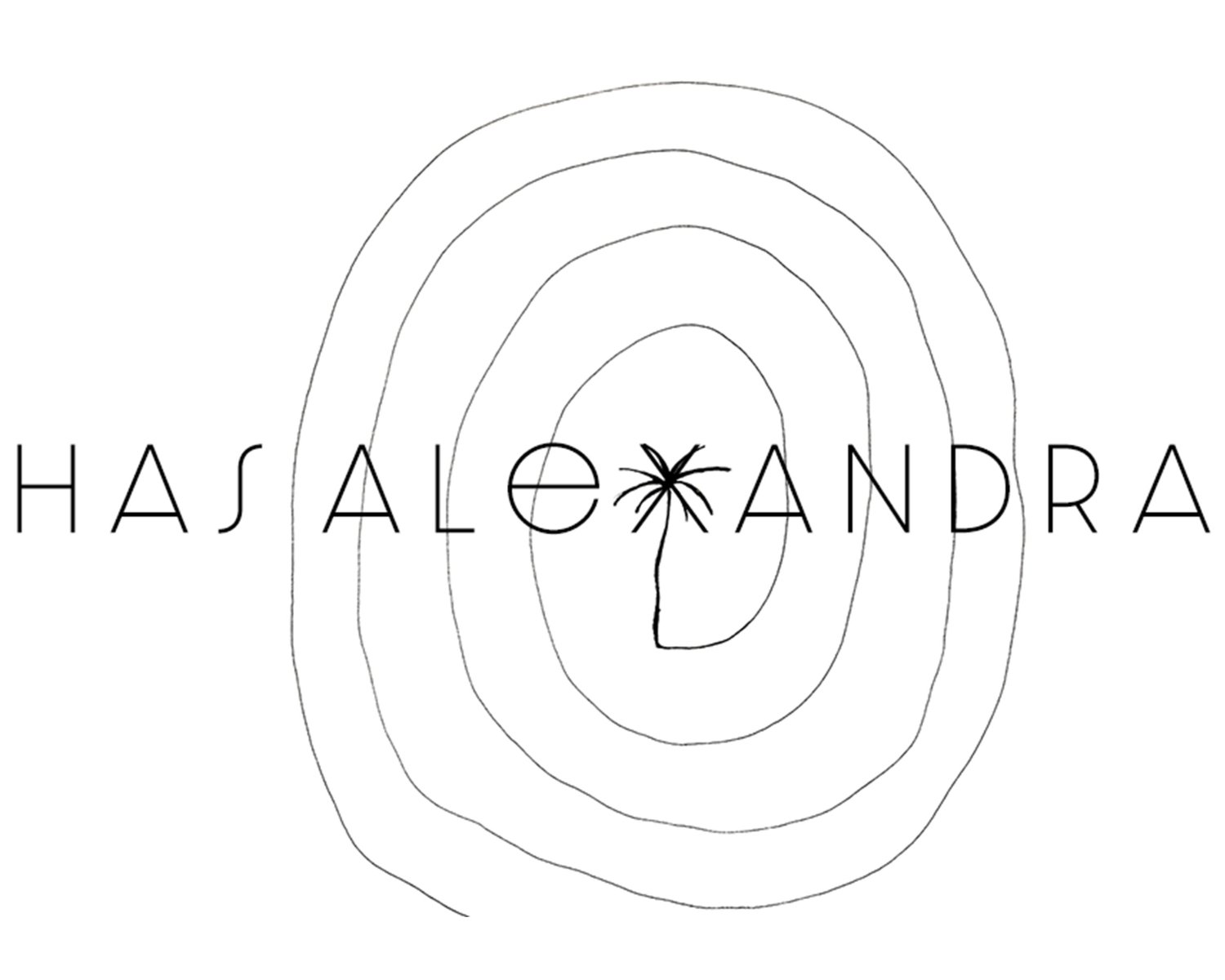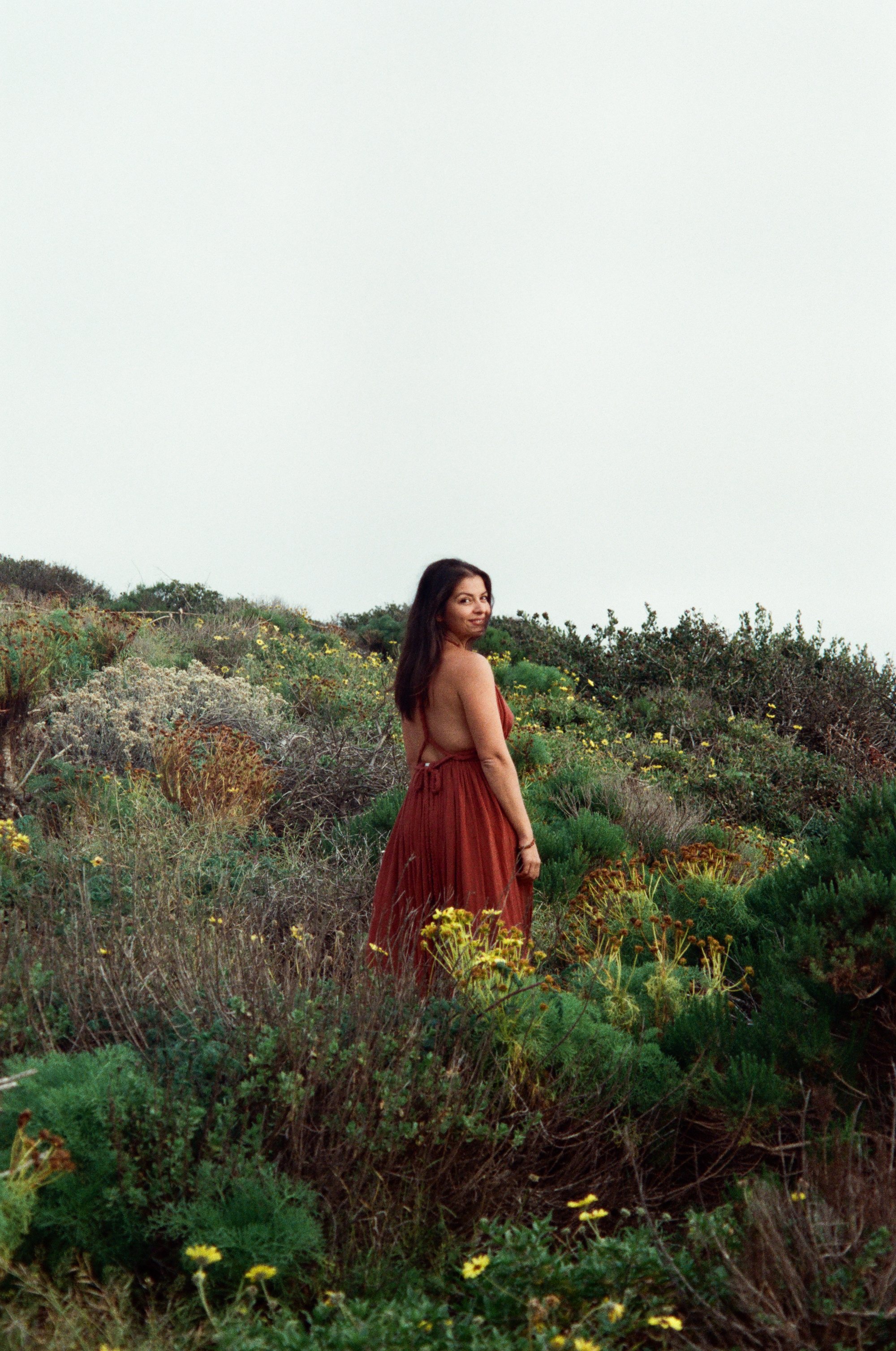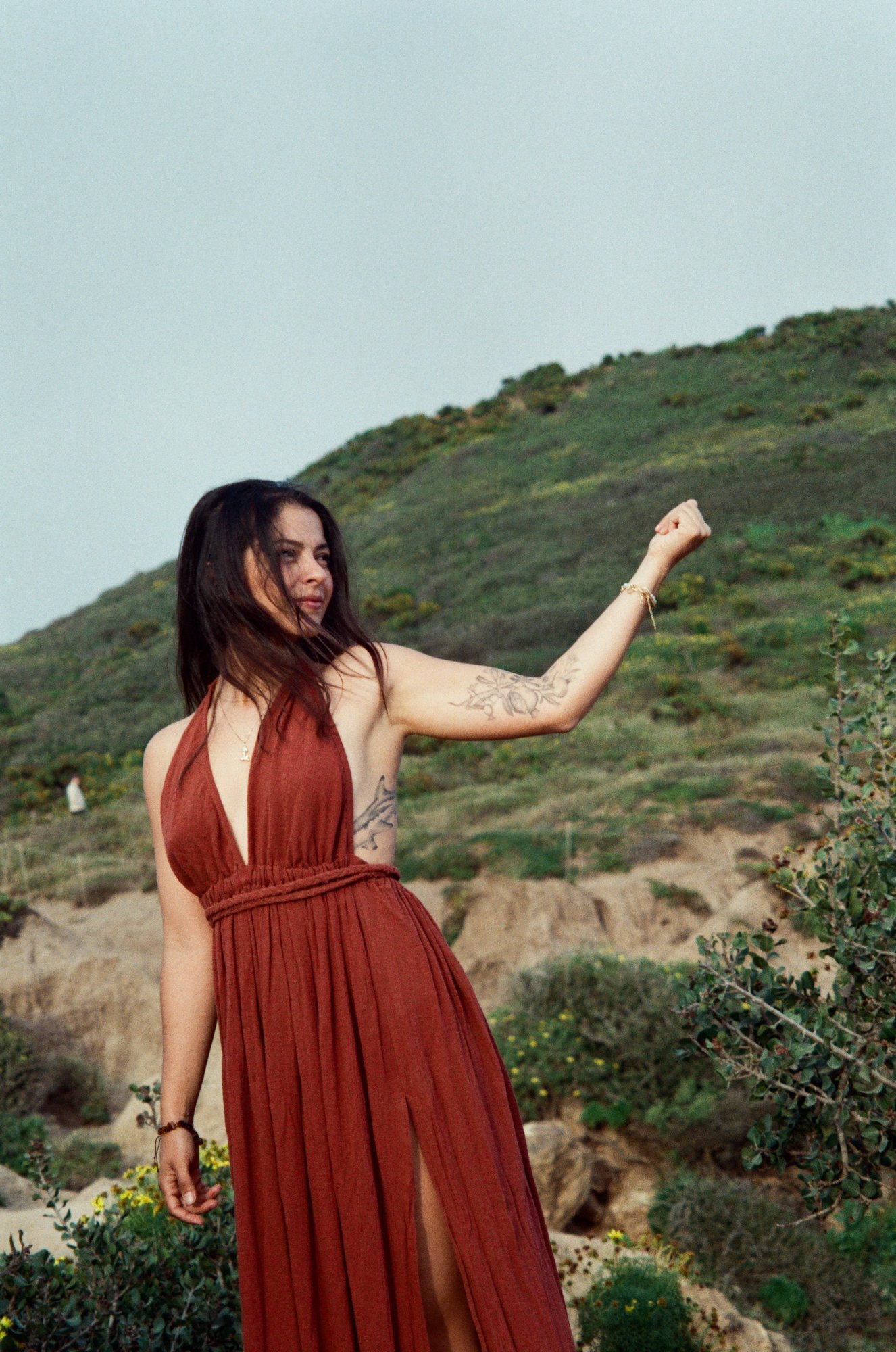
Elena
armeniA
my name is Elena Nairi Mirzaians
[Eh-len-ah Na-yi-ri Mir-zah-yahn]
my divine roots are from armenia.
i identify as an armenian in the Diaspora.
i was born in Los Angeles, California, USA.
I currently live in Baja california sur, mexico.
ROOTS
My dad’s roots are somewhat unclear but likely traced back to Artsakh. all we know is somehow his grandparents settled into Baku, Azerbaijan and then escaped into Tabriz, iran. Reading between the lines of history and what's been lost to time, his family most likely fled ethnic cleansing.
my mom’s roots come from genocide survivors from western armenia as well as escapees from the russian revolution. my grandmother was born on the southern shore of the caspian sea in palavi, iran.
Both of my parents were born and raised in Tehran, Iran, and immigrated to Los Angeles, California right at the spark of the Iranian Revolution in the late 70s. My dad came on a student visa after serving in the Iranian military. My mom immigrated with her family as a teenager.
Though my parents knew of each other in Iran, they formally met in Homenetmen Scouts in the USA. it was their way of staying rooted and connecting to their community here. My father is one of the founding members of the Glendale chapter. Naturally, I was also a member since I was 6 and raised through the ranks into the executive committee for scouting.
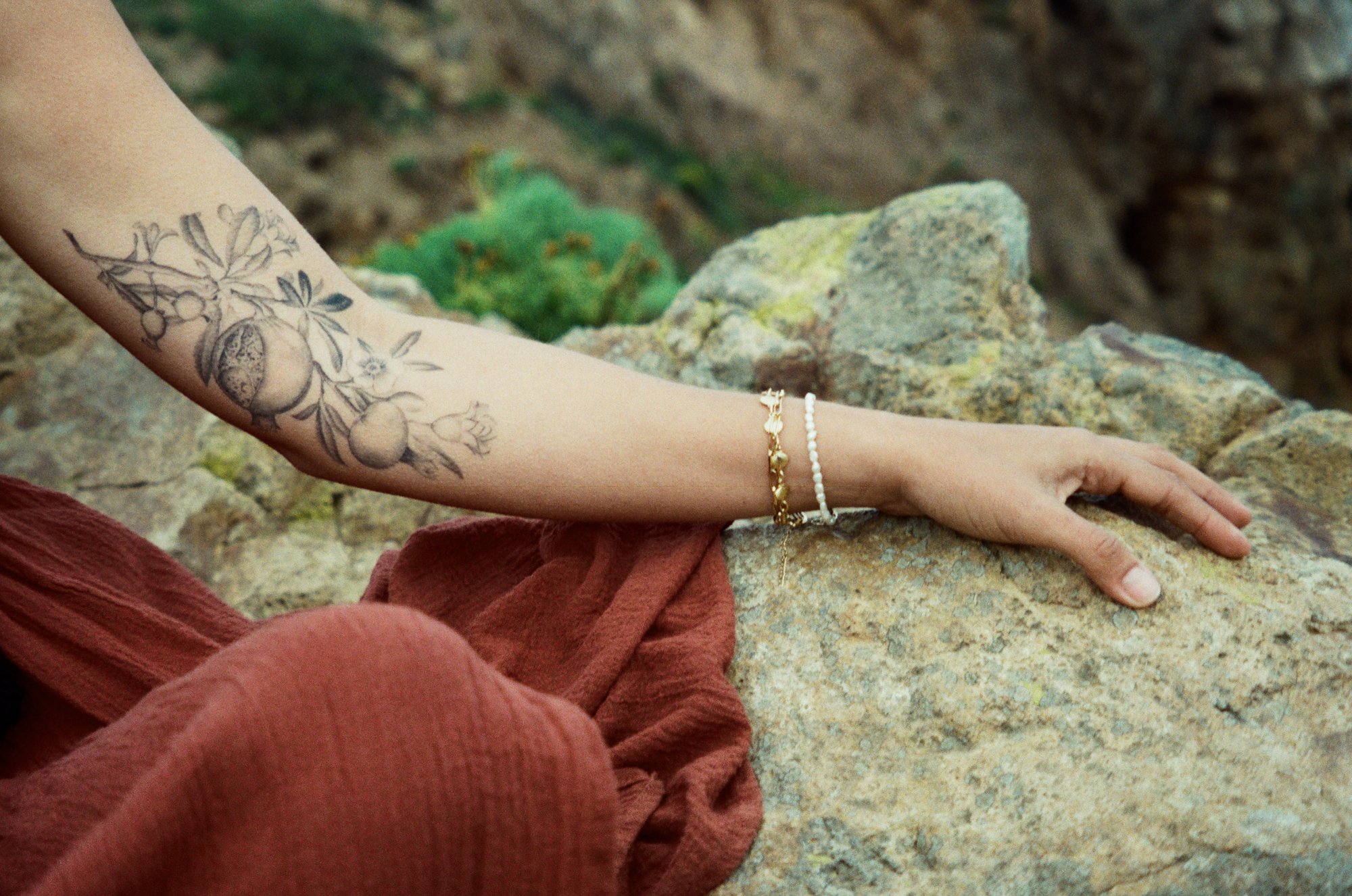
have you visited the land?
Yes. My first trip to Armenia was in 2005, then in 2006, then in 2011. This spring marked my fourth trip.
I certainly feel a strong connection to the land of Armenia and Artsakh. Besides everything you learn about your history and culture, there is a certain essence of physically being on the land of your ancestors, especially when you have been away for many generations.
do you speak the language?
i speak fluently, can read and write in Armenian (eastern dialect).
recently i've been learning spanish and it’s beautiful how many similarities it has with the armenian language in terms of pronunciation and grammatical structure.

we shot in Point Dume, Malibu — why does that setting feel like home for you?
generations in my family have traveled from one body of water to another. from the caspian sea to my parents immigrating to los angeles, california to me moving to baja california sur, mexico.
this is a concept that has stuck with me, from sea to sea «ծովից ծով» (pronounced tsoveets tsov). it pays homage to ancient armenia. at its peak, the kingdom of armenia spanned from the caspian to the mediterranean sea. for me it embodies survival, exploration and inspiration.
this scene reminds me of the meadow & monastery above sevan lake, the largest body of water in armenia at the moment. my maternal grandfather's ashes are scattered there.
what do you love most about la?
It’s where I was born, and the only place up until recently that I had ever lived. It’s a melting pot of people and cultures. There’s something for everyone - music, culture, arts, activities, outdoors. The terrain is beautiful, it spans from the coast to the mountains to the desert.
what don’t you love about la?
it’s funny because as much as i love la, i found myself feeling i needed to explore and live a little more off-the-grid. the traffic, the surface level of things, the show(wo)manship of it all. for me as a waterperson, the ocean is cold and as a diver and nature enthusiast, my hobbies just aren’t as accessible there.

how has your experience in la affected your worldview?
Growing up in LA you don’t realize how many different kinds of people, cultures, religions, you experience and how that is actually a very unique experience in itself.
It’s made me a much more empathetic open minded person, it helps me connect with people. I hope that it’s made me a more balanced human.
what are examples of intergenerational resilience in your culture?
having the strength to start over while maintaining a hardworking ethic, especially in my family, it creates this space of being honest and proving we’re good people.
from fleeing the genocide to fleeing revolutions — every generation seems to be constantly running and trying to create a home for survival and a better life. it’s not only unique for my family, but it’s something that most armenian families have been going through for generations. leaving a home, venturing into the unknown, starting out in a new place, building a home and new life — when you take that on you know it’s going to be difficult but you push through.

what are examples of intergenerational trauma in your culture?
when your family has constantly been on the run, searching for a safe space, that exhaustion is passed down generationally through how you’re brought up and it comes out in your personality.
my family has tried to keep everyone close together and play it safe, not take big risks. fight or flight is a constant state for many, it manifests in anxiety, fear, spiraling thoughts of worst case scenarios and backup plans for not just if something goes wrong but when. there’s also the pressure to achieve.
then as a woman, there is a lot of people pleasing, predicting what others are looking for and putting your needs on the back burner.
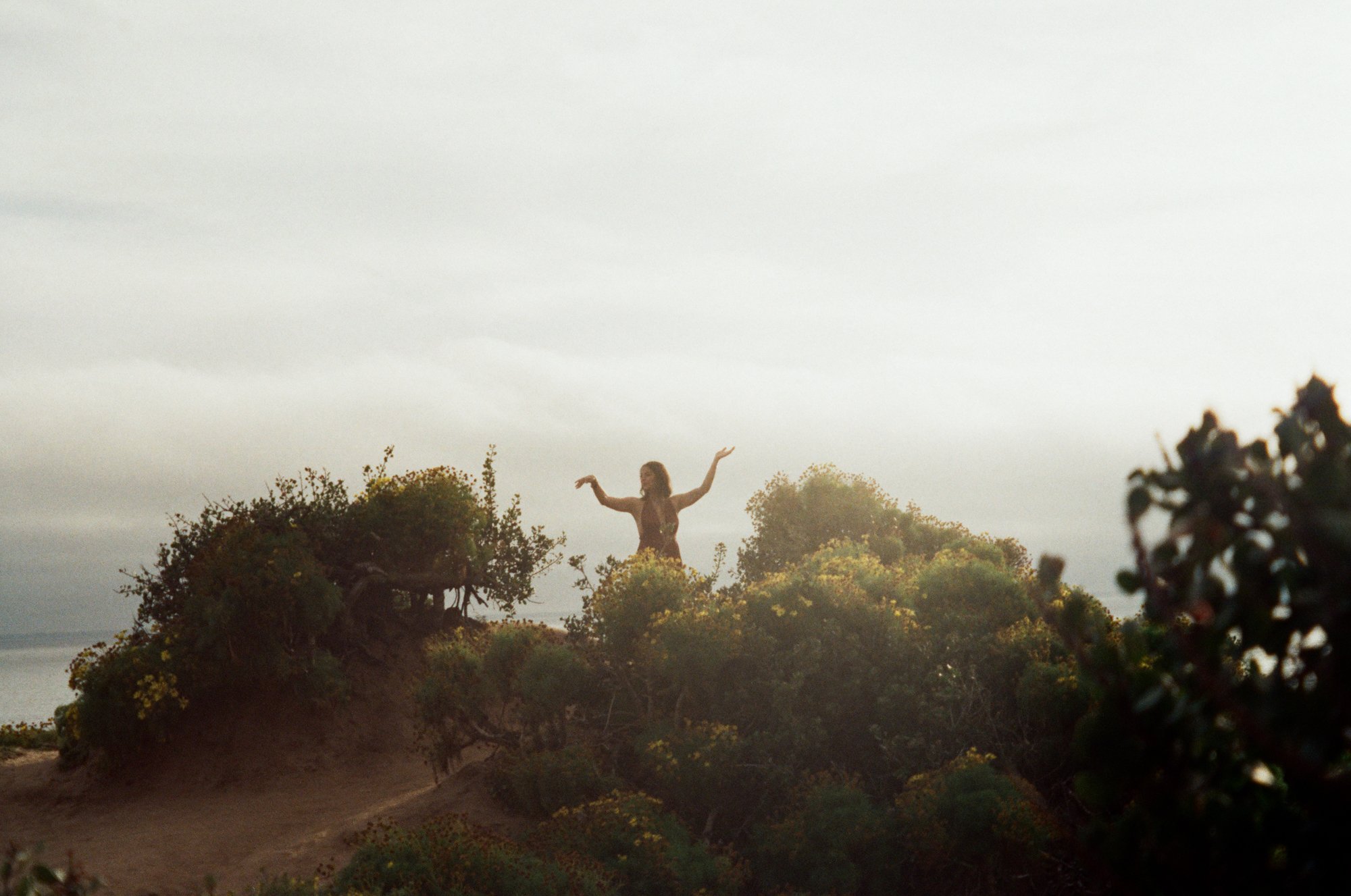
how do you break the cycle?
once i became aware of it, i consciously tried (and continue to try) to not let those traumatic traits define me and my future anymore.
it was really difficult to tell my family i was going to move to another country simply because i wanted to, not because i needed to. it was kind of devastating for them, and i understand why, they’ve constantly been fleeing for their lives, they worked so hard to create a successful home in the usa and i’m here going somewhere else because i feel like it.
but i like to believe that it’s part of my pursuit of happiness. their resilience and sacrifices are what have given me the ability to think beyond survival.
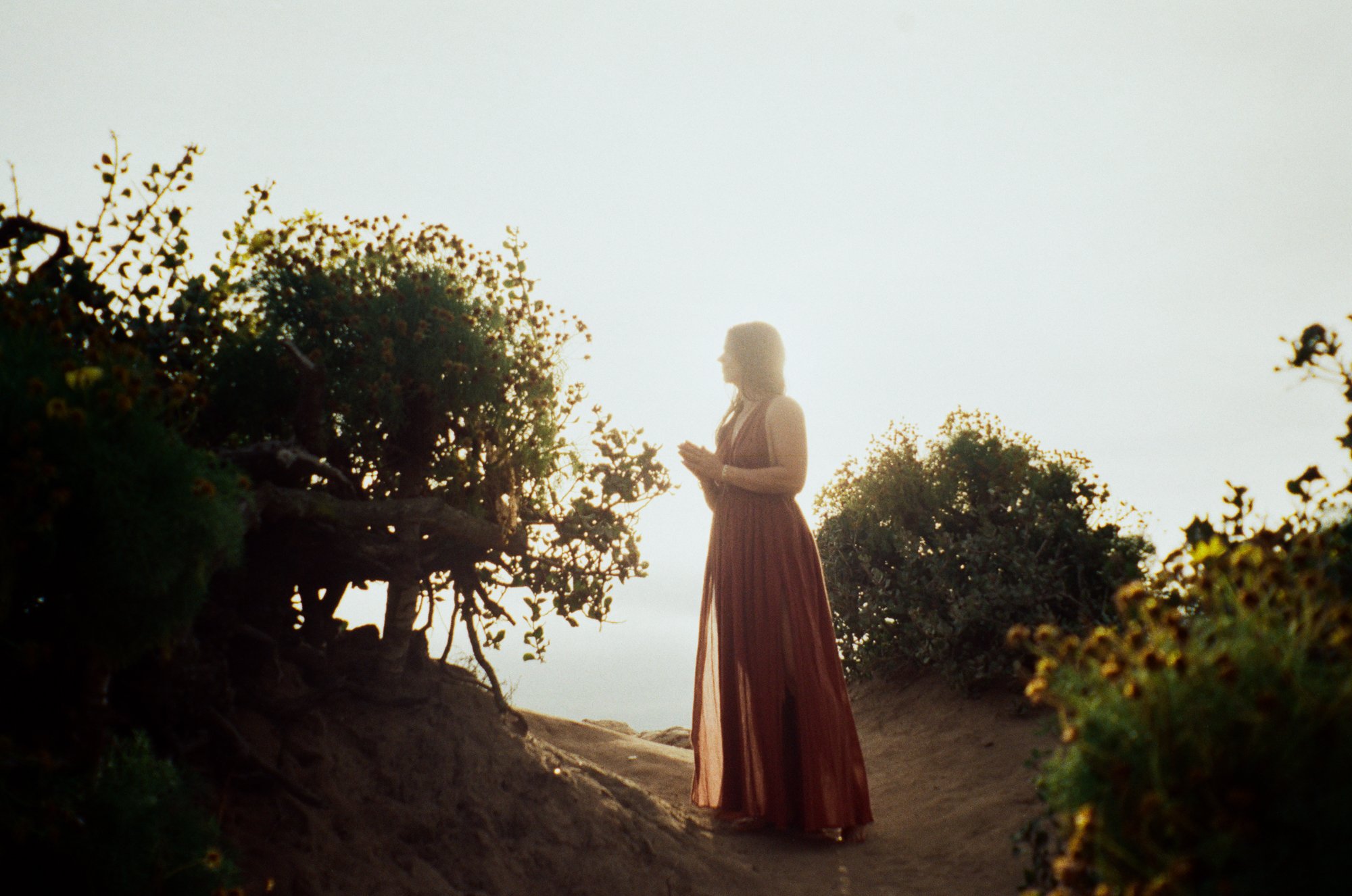
how do you honor your roots / culture?
i share my culture with non-armenians as much as possible, especially when i meet someone that hasn’t met another armenian [which happens a lot in mexico]. i try to show that armenians are kind-hearted, generous, ancient and caring people. so that hopefully, we get that same energy in return. i was in mexico during the height of the 2020 artsakh war. i wanted to show that armenians are good people and they should care about us.
from a creative perspective, i pay tribute with this creative cultural clash calendar i made in english, armenian, and spanish. incorporating each of the cultures by highlighting different holidays.
i’m currently working on the continuation of that project by sharing my drone footage and photography from armenia and telling the stories of the places in english and spanish. so i can share the beauty of our indigenous land with the world.


places in the local community that feel like home:
old fashion deli - i grew up down the street from their original location, so we used to walk there all the time and get regional candies and chocolates. everytime i walk in, even though now they have different locations, it just feels like a time machine.
people in the online community you are inspired by
@telojantelo - ani is always challenging the armenian community to learn, grow and be better as a community with her narrative and artwork
@treepose - maroosh is thought provoking and she is incredibly authentic and a true citizen of the world.
lost place - կորած տեղ is not only a beautiful place but they have some really cool science and outdoors projects to protect the dilijan national forest and to promote nature based tourism.
